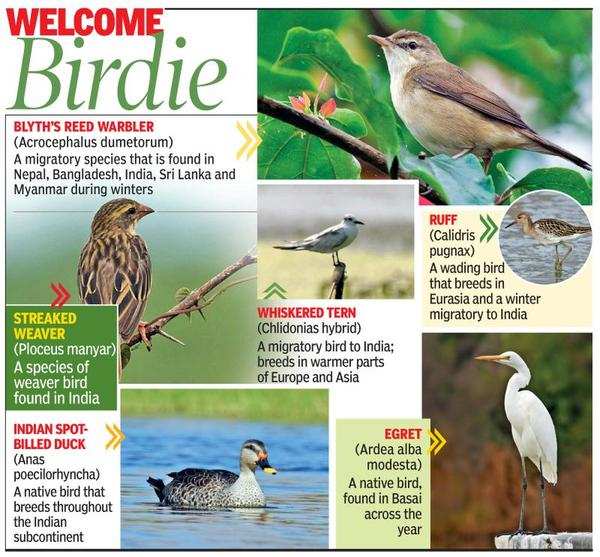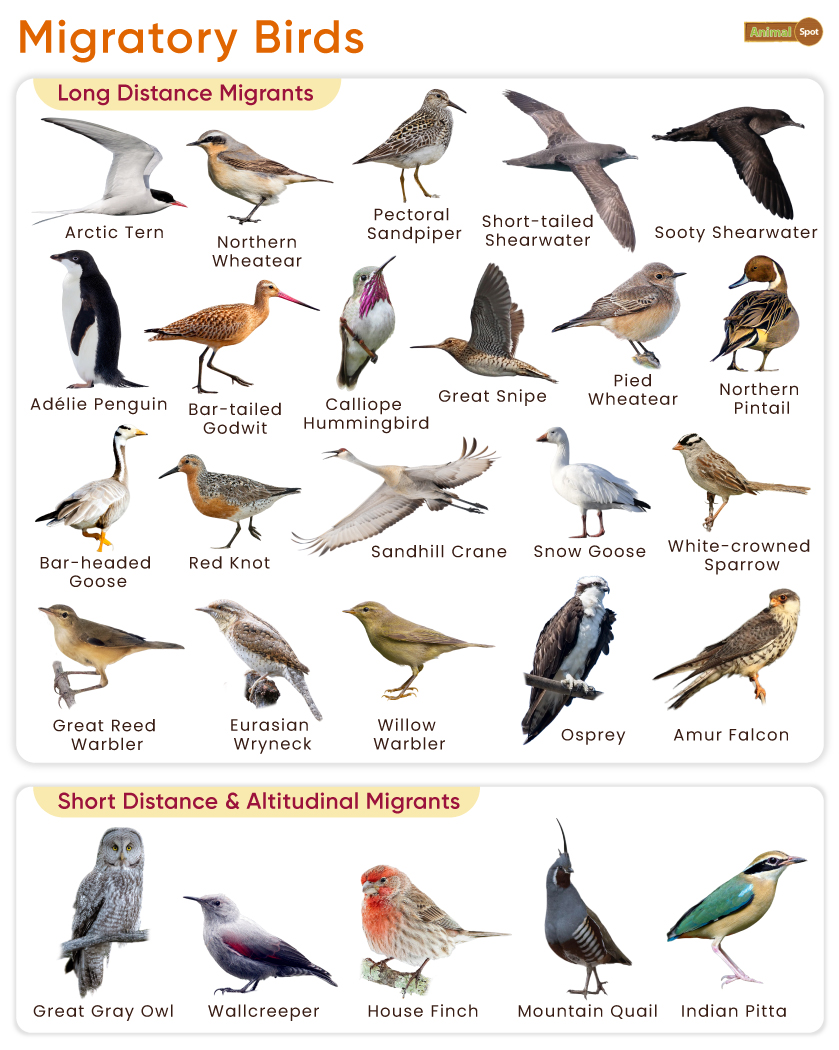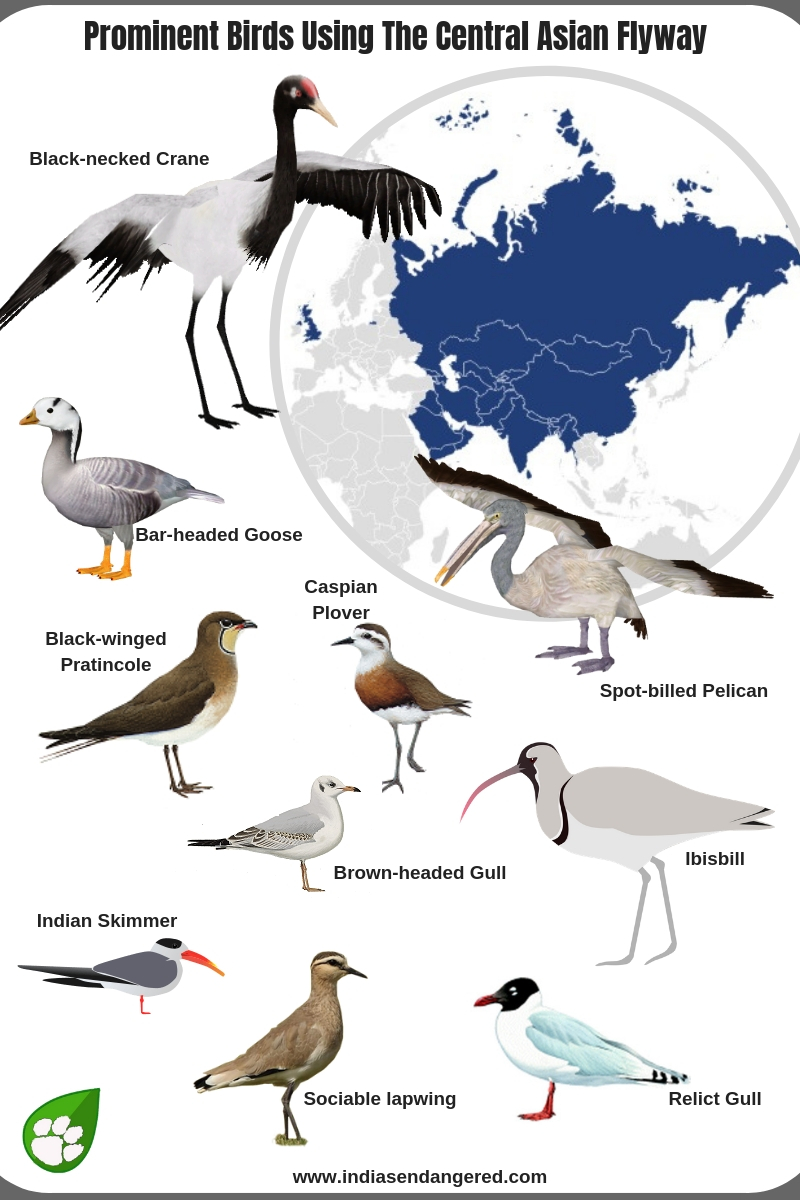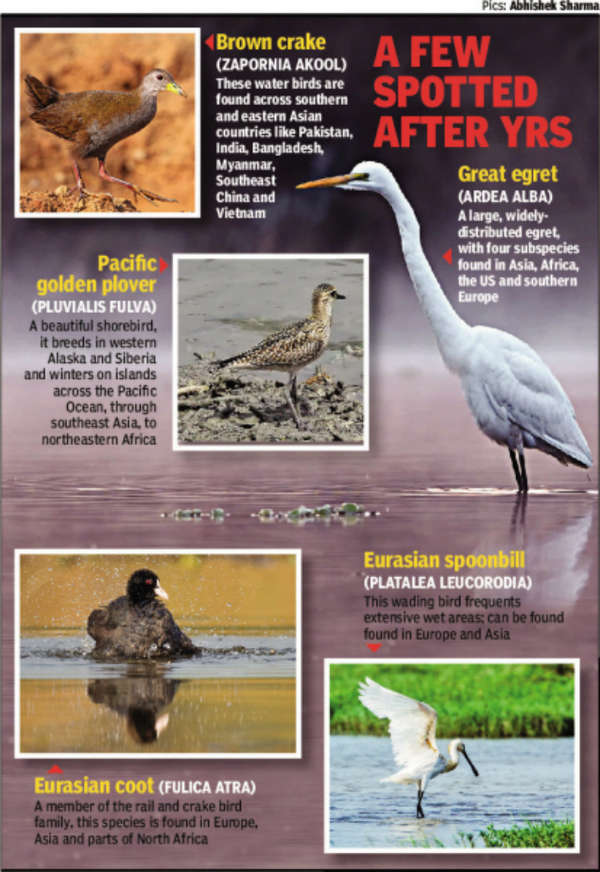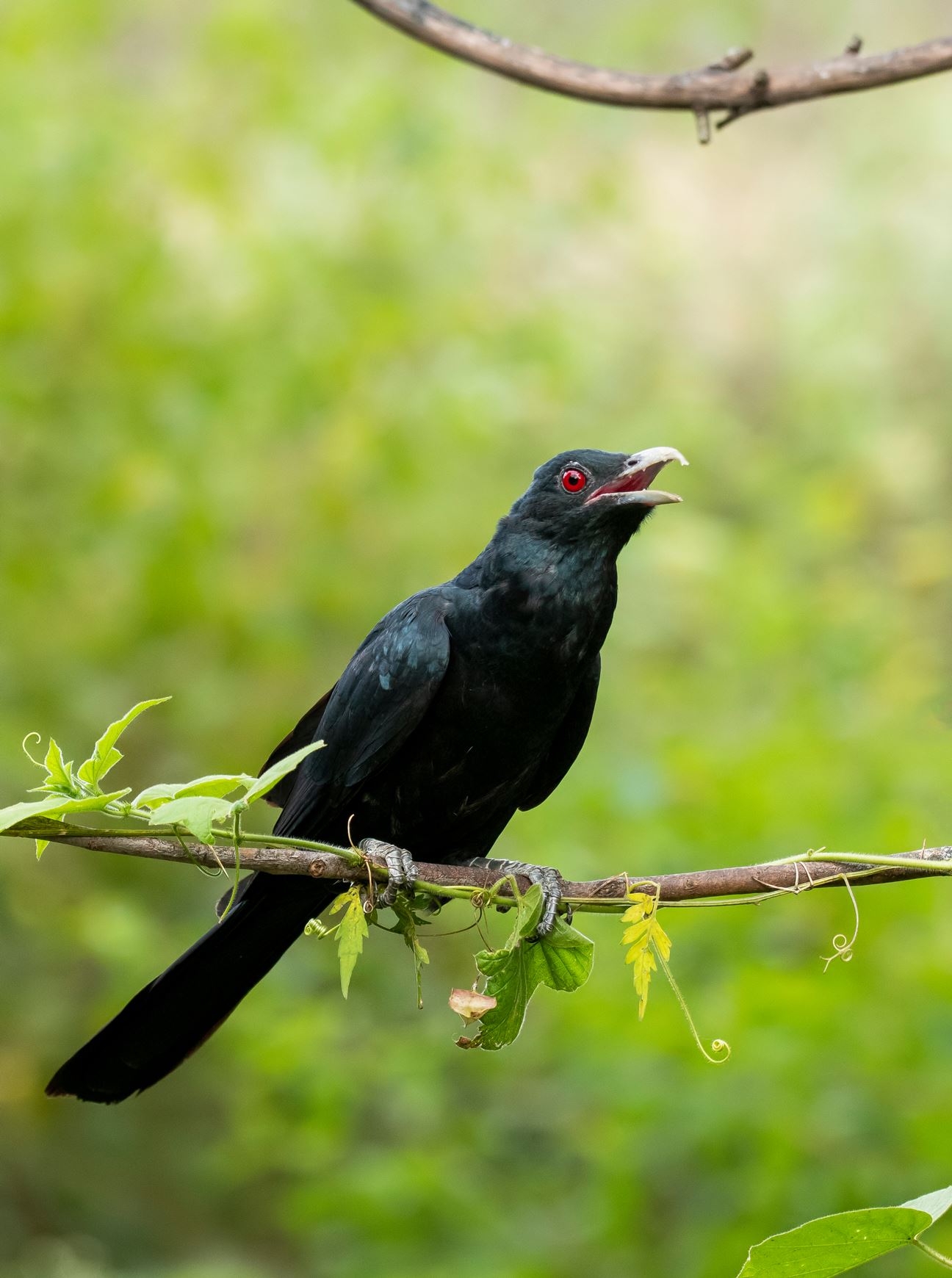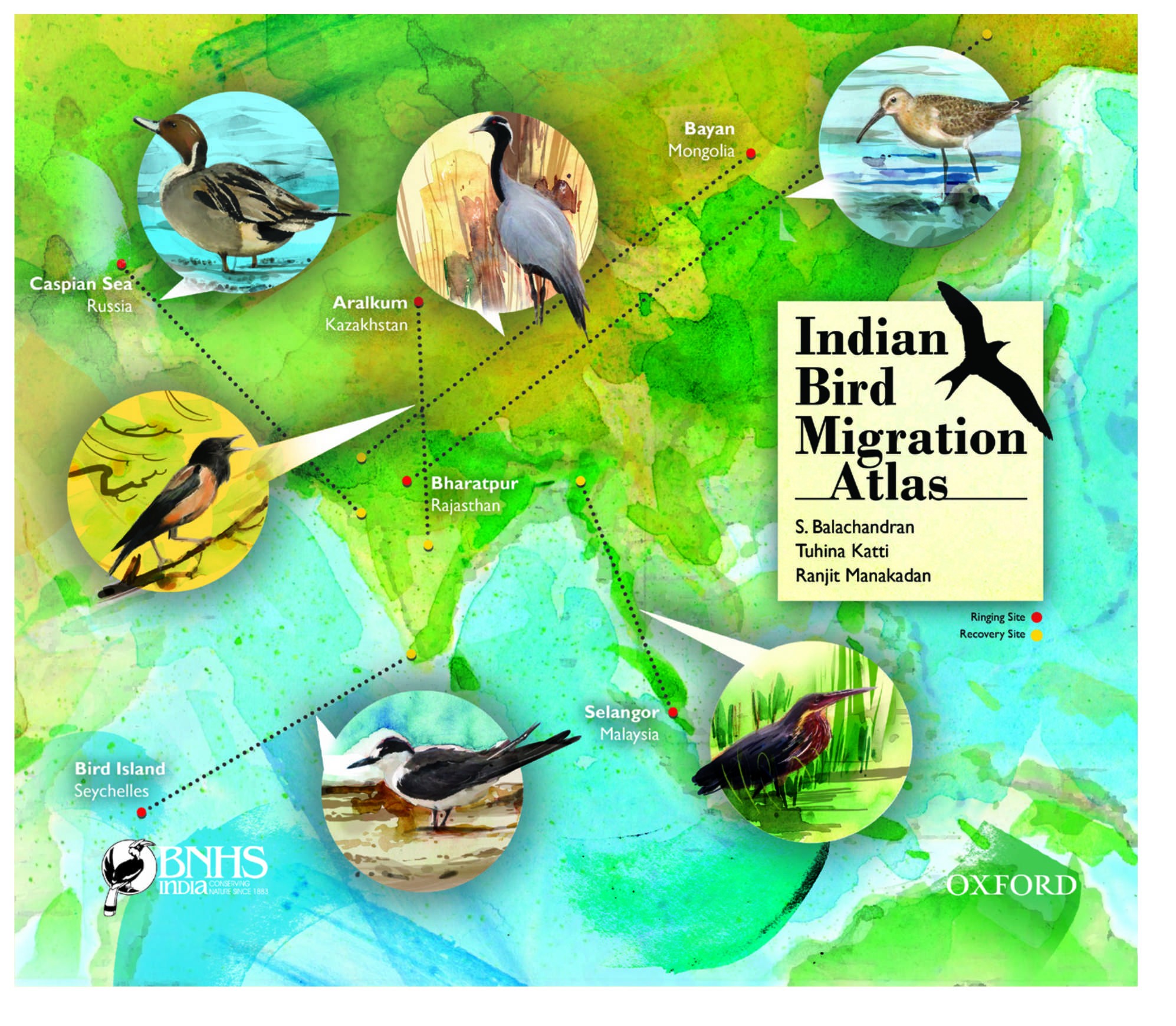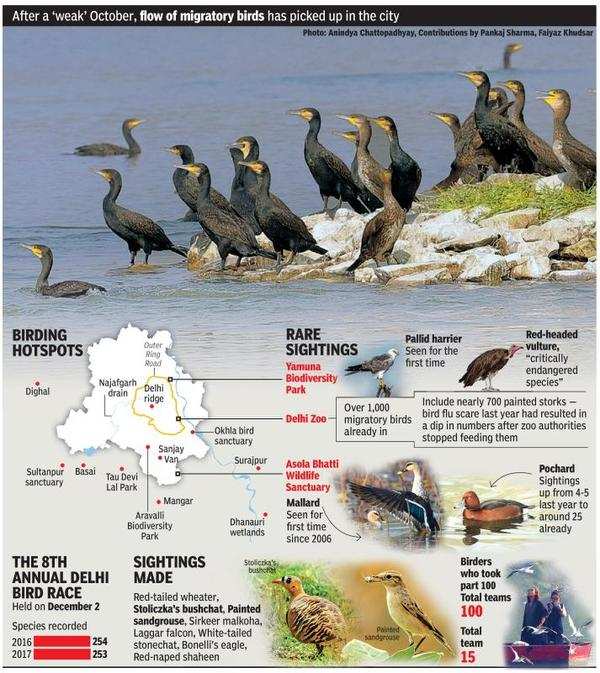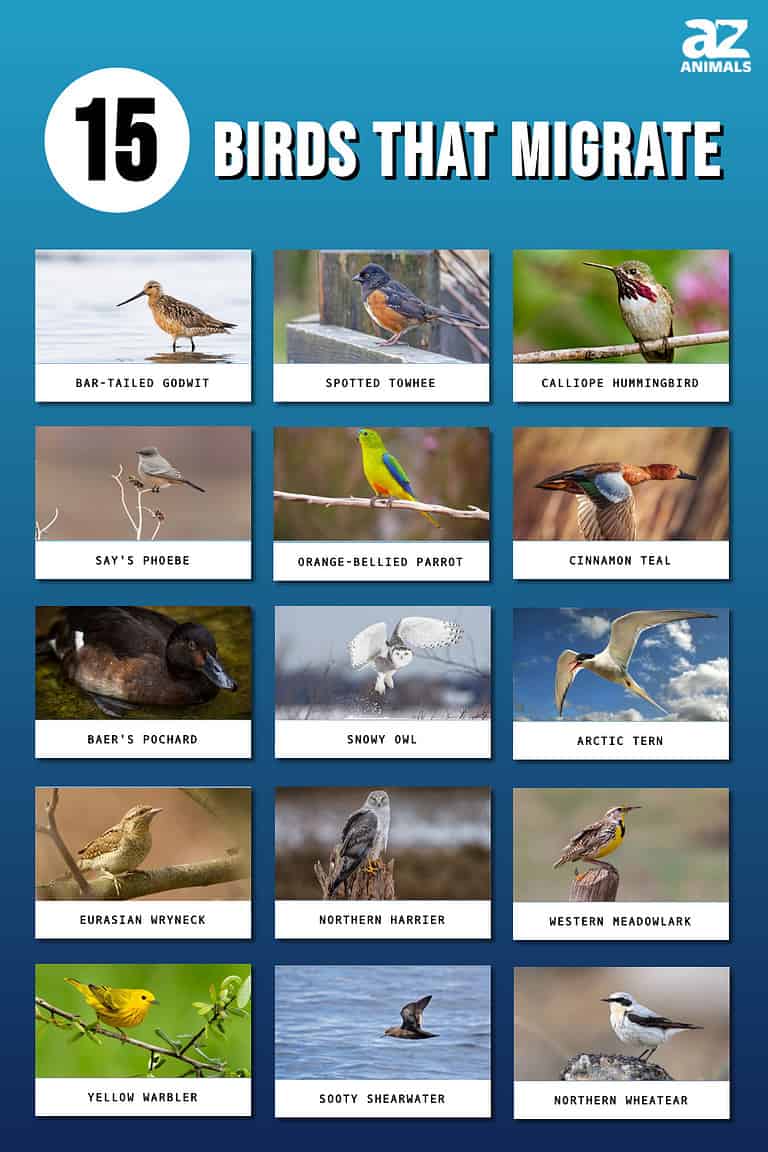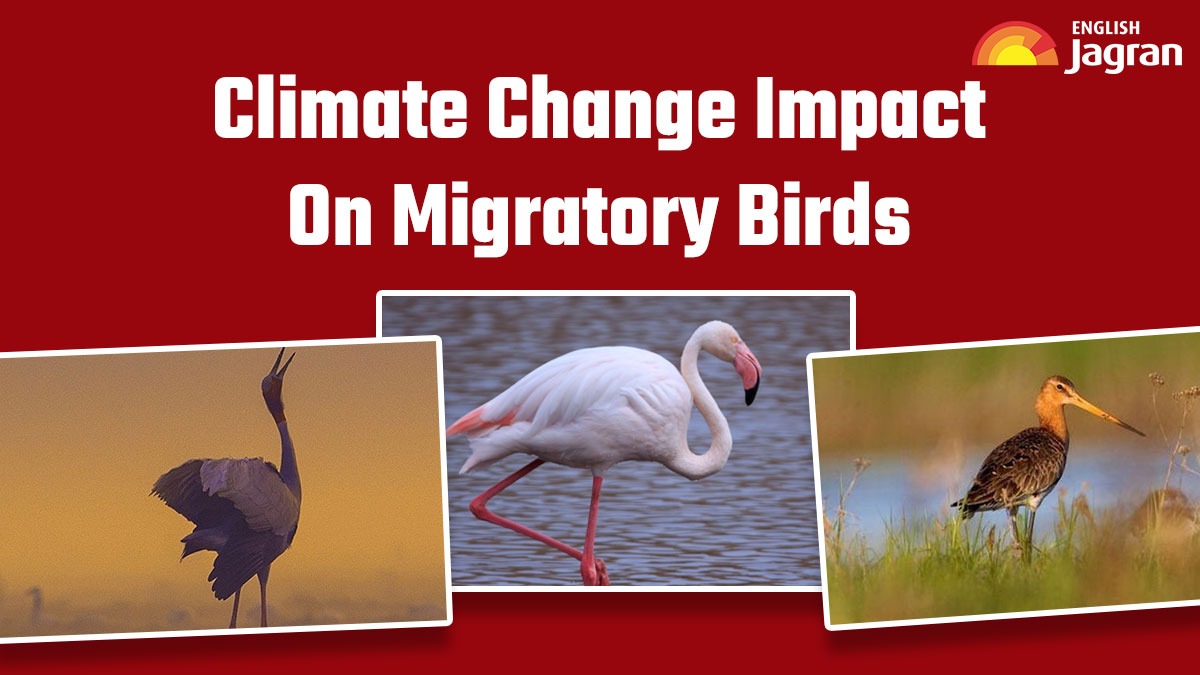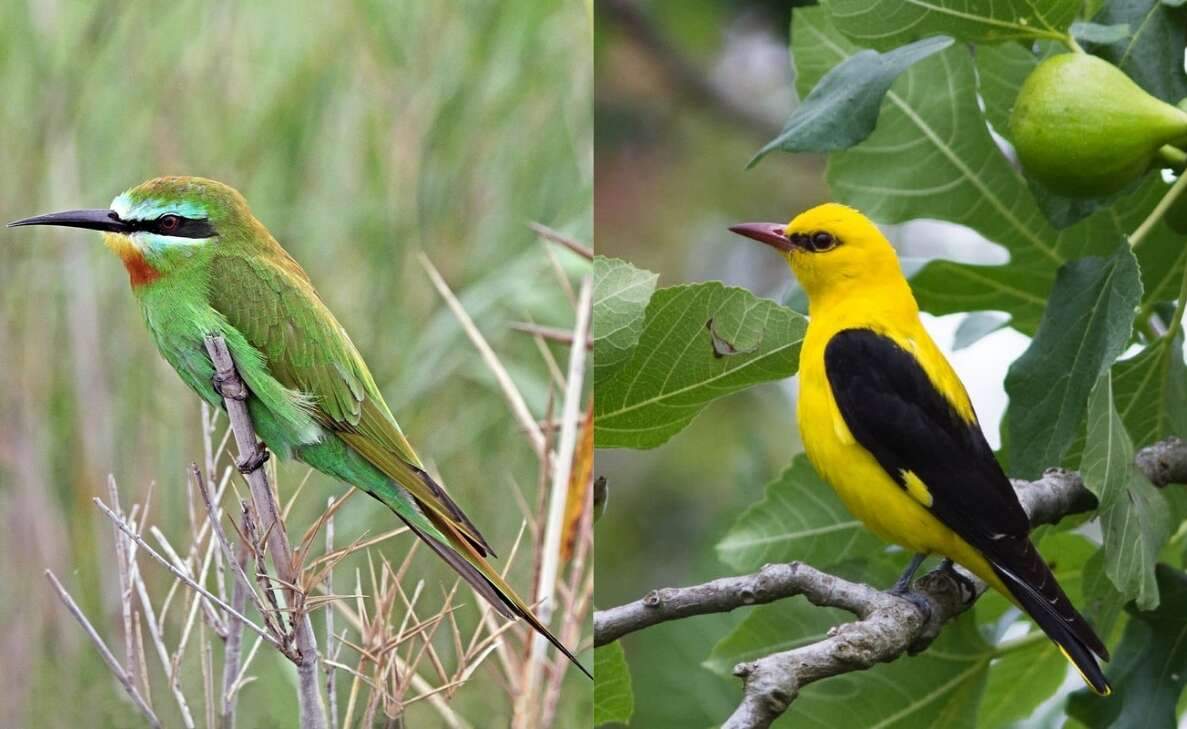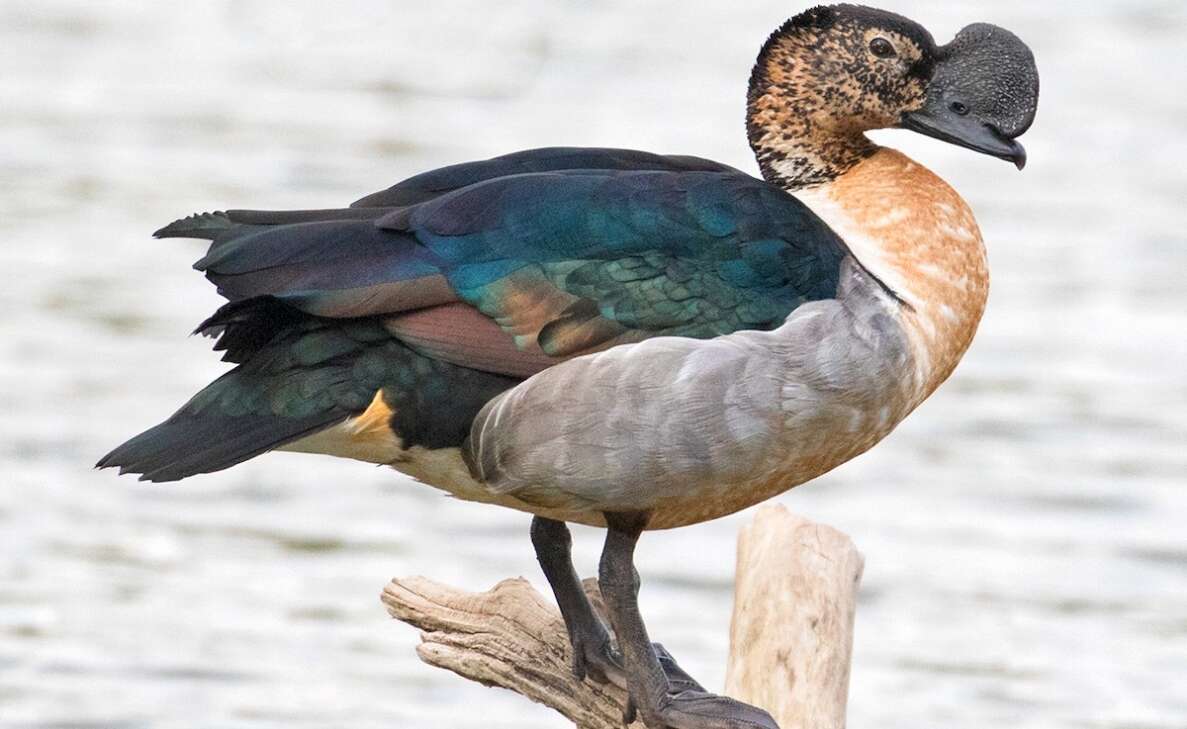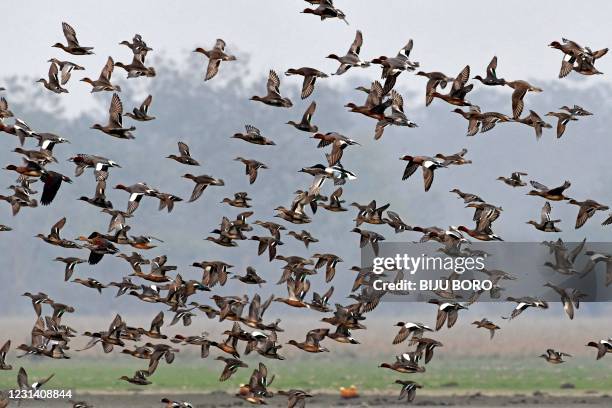Migratory Birds And Animals In India
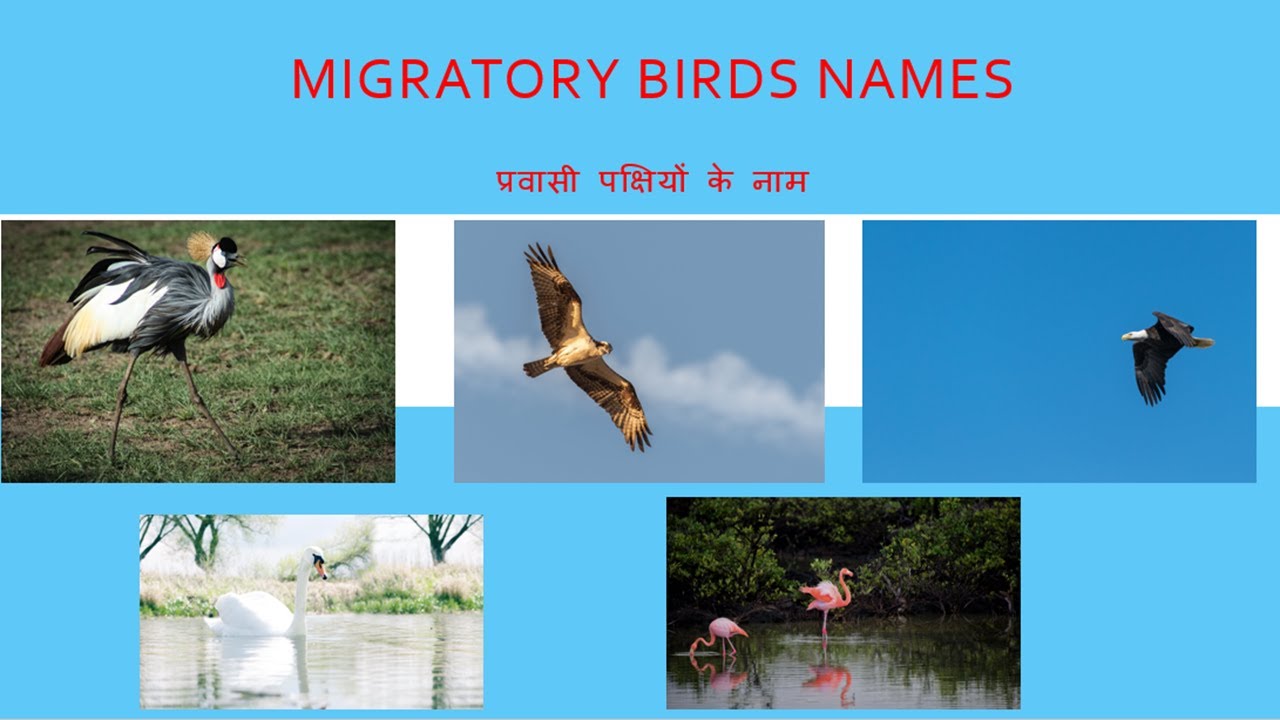
Imagine a sky painted with hues of orange as the sun dips below the horizon, a backdrop to silhouettes of birds soaring gracefully. Their wings beat in unison, a symphony of nature guiding them towards warmer lands. It’s a scene repeated across India, a vibrant testament to the annual migration of birds and animals, a phenomenon that transforms our landscapes and enriches our ecosystems.
This annual migration is more than just a visual spectacle; it's a crucial ecological process. It highlights the interconnectedness of our planet and the importance of conservation efforts in protecting these incredible journeys and the species that undertake them.
The Grand Migratory Tapestry
India, with its diverse geography and varied climate, serves as a vital stopover and destination for a multitude of migratory species. From the Siberian Cranes gracing the wetlands of Bharatpur to the Amur Falcons finding refuge in the northeastern states, the country plays a pivotal role in their life cycles. These journeys, often spanning thousands of kilometers, are driven by the search for food, suitable breeding grounds, and escape from harsh weather conditions.
The migratory patterns are ancient, etched into the very instincts of these creatures. They rely on a complex combination of celestial navigation, magnetic fields, and innate understanding of the landscape to guide them across continents.
Feathered Visitors
The avian visitors are perhaps the most visible and celebrated aspect of India’s migratory fauna. Every winter, the wetlands and lakes come alive with the arrival of birds from as far as Siberia, Europe, and the Himalayas.
According to the Bombay Natural History Society (BNHS), over 370 species of migratory birds visit India annually. Some notable examples include the Bar-headed Goose, known for their incredible flights over the Himalayas, and the delicate Demoiselle Cranes that grace the fields of Rajasthan.
These birds not only add to the country's biodiversity but also play a crucial role in maintaining the health of the ecosystems they inhabit. They help in seed dispersal, insect control, and nutrient cycling.
Beyond the Birds
While birds often steal the spotlight, the story of migration in India extends beyond the avian world. Several mammal species also undertake seasonal journeys, albeit often less visually dramatic.
Elephants, for instance, follow traditional migration routes in search of food and water, particularly during the dry season. These routes, passed down through generations, are crucial for their survival and the health of the forests they inhabit.
Whales and dolphins also migrate through the Indian Ocean, following the seasonal changes in ocean currents and food availability. The Olive Ridley Sea Turtles are one of the most famous animals that undertakes mass nesting along the coasts of Odisha.
Challenges and Conservation
Despite the resilience of these migratory species, they face increasing threats along their journeys and in their wintering grounds. Habitat loss, climate change, pollution, and hunting are all major challenges.
The Convention on Migratory Species (CMS) highlights the urgent need for international cooperation to protect these animals across their entire range. India is a signatory to the CMS and has implemented various conservation measures to safeguard migratory species.
Efforts to protect wetlands, create wildlife corridors, and raise awareness among local communities are essential for ensuring the survival of these incredible travelers. "Project Snow Leopard" and similar initiatives also aid in protecting key regions.
A Shared Responsibility
Conserving migratory species is not just the responsibility of governments and conservation organizations. Every individual can contribute to their protection.
Supporting sustainable tourism, reducing our carbon footprint, and making informed choices about our consumption habits can all make a difference. Educating ourselves and others about the importance of biodiversity and the interconnectedness of ecosystems is also crucial.
Ultimately, the fate of migratory birds and animals in India rests on our collective ability to appreciate their value and act to protect them. Their journeys are a reminder of the beauty and fragility of our planet and the shared responsibility we have to safeguard it for future generations.
